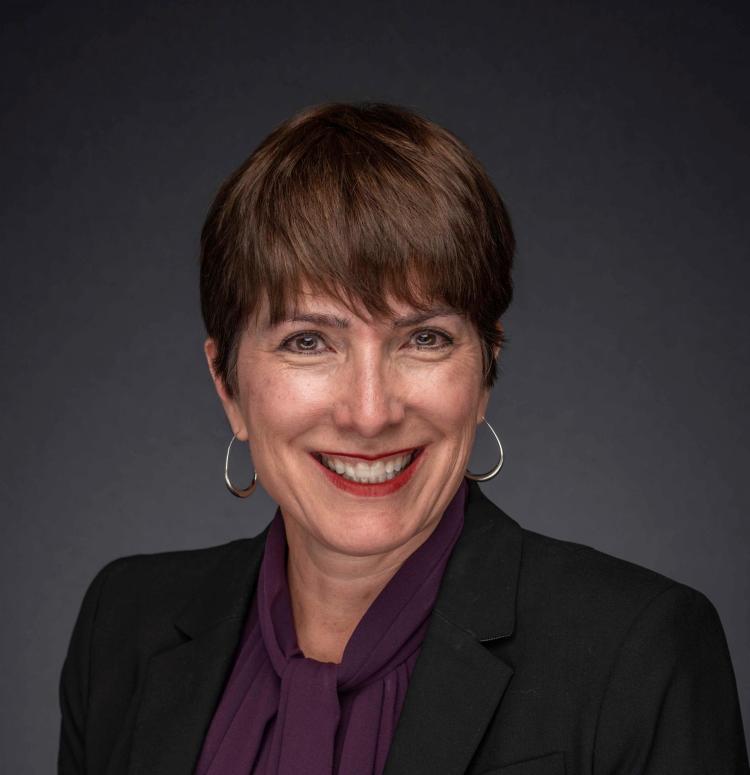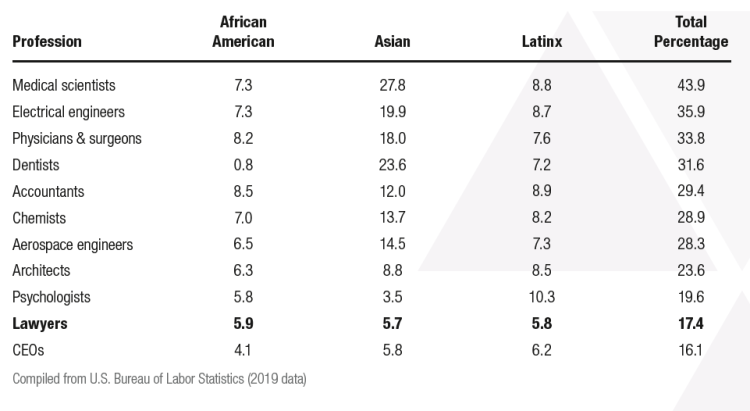Inclusiveness a Necessary Ingredient in Diversity Efforts

After attending Colorado Law, I moved to Washington, D.C., to work as a federal civil rights prosecutor for the U.S. Department of Justice, where I prosecuted cases involving hate crimes, police brutality, and slavery.
After returning to Colorado, I co-chaired the Colorado Lawyers Committee’s Hate Violence Task Force, worked extensively with the Colorado Pledge to Diversity Program, and founded the Rocky Mountain Legal Diversity Job Fair. I was also active with the Colorado Bar Association’s Diversity Committee, co-chairing the committee and the first diversity conference in the Denver legal community.
In 2006, I persuaded the deans of both law schools in Colorado—David Getches and Beto Juárez —to establish the Deans’ Diversity Council, which consisted of leaders in the Denver legal community. That initiative led a group of local legal thought leaders, including the deans, to establish the Center for Legal Inclusiveness. I was the founding director and led the nonprofit for over five years in its effort to focus the legal profession on the new paradigm of inclusion.
Traditional diversity efforts practiced by legal organizations simply do not work without inclusiveness. Bringing people from underrepresented groups into organizations that do not have a culture of inclusion leads to a revolving door syndrome with lawyers in underrepresented groups experiencing much higher attrition rates. In turn, this has led to a shocking lack of representation in the legal profession.
For instance, we lawyers are in a perpetual race to the bottom of the racial and ethnic diversity list compared with other professions in the U.S. (see table). I have tracked this data for over 10 years, and we have never gotten out of the bottom three. This causes me great frustration and shame since we lawyers are the guardians of equity and justice in our society.
Now, as a consultant, I specialize in educating leaders in law firms, corporate law departments, and government law offices so they can follow through on their good intentions when it comes to advancing diversity, equity, and inclusion. This is critical because leaders are the only ones who can lead the change necessary to root out systemic bias and inequities, require inclusive behaviors, and change the culture to be more inclusive. I wrote a book, Going All In on Diversity and Inclusion: The Law Firm Leader’s Playbook, to give leaders the tools they needed to institute real change. Educating leaders about unconscious bias and how to uncover hidden inequities in their organizations makes a big difference. Leaders also need to learn about the research regarding the business case. While advancing diversity, equity, and inclusion is always the right thing to do, it turns out that it is the key to organizational success.
Society is finally at a tipping point on racial injustice. I believe we are going to see significant changes as a result—and not just on race but on many other kinds of inequities. Will the legal profession step up and clean its own house? Will we lawyers be out front leading the way as the guardians of equity and justice?
Kathleen Nalty (’85) is a nationally recognized expert in strategies for creating cultures of inclusion to retain and advance talent, especially in legal organizations. In 2007, she helped found the Center for Legal Inclusiveness, of which she served as executive director until 2013.

Categories: Amicus Fall 2020


